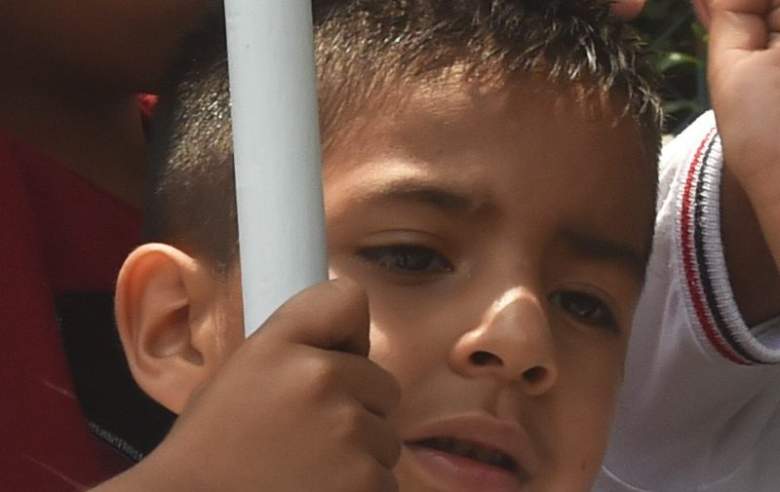
Getty Child held at the US-Mexico border
Dana Sabraw is a federal district judge in the southern district of California, in San Diego. On June 26, he issued an injunction giving the government 30 days to reunite all the families that have been separated at the US-Mexico border.
On Friday, the Trump administration filed court documents saying that they would probably not be able to meet that deadline. The filing explained that the government is experiencing delays because of trouble matching children with their parents. The government has been using DNA tests to try and prove parentage, according to the court documents.
Sabraw’s injunction was in response to a class-action lawsuit filed by the ACLU on behalf of a 7 year old girl seeking to be reunited with her mother. The child and her mother were fleeing violence in the Democratic Republic of the Congo and were seeking asylum in the United States. A The lawsuit called for all of the families that have been separated at the US-Mexico border to be reunited.
On May 8, 2018, US Attorney General Jeff Sessions announced a “zero tolerance” policy towards illegal immigration. Speaking at a press conference near San Diego, Sessions warned, “If you smuggle illegal aliens across our border, then we will prosecute you. If you are smuggling a child, then we will prosecute you. And that child may be separated from you, as required by law.” The Department of Homeland Security says at least 2000 children have been separated from their parents at the US-Mexico border since April.
On June 20, the Trump administration issued an executive order which President Trump said would keep families together at the border. However, critics say that the executive order does nothing to reunite the over 2000 families that have already been separated.
Judge Sabraw ruled on Tuesday night that all the families that have been separated at the border must be reunited within 30 days. Small children, aged five and younger, must be reunited with their families within 14 days, according to Judge Sabraw’s ruling.
Here’s what you need to know.
1. Sabraw has called Trump’s separation of families “brutal”
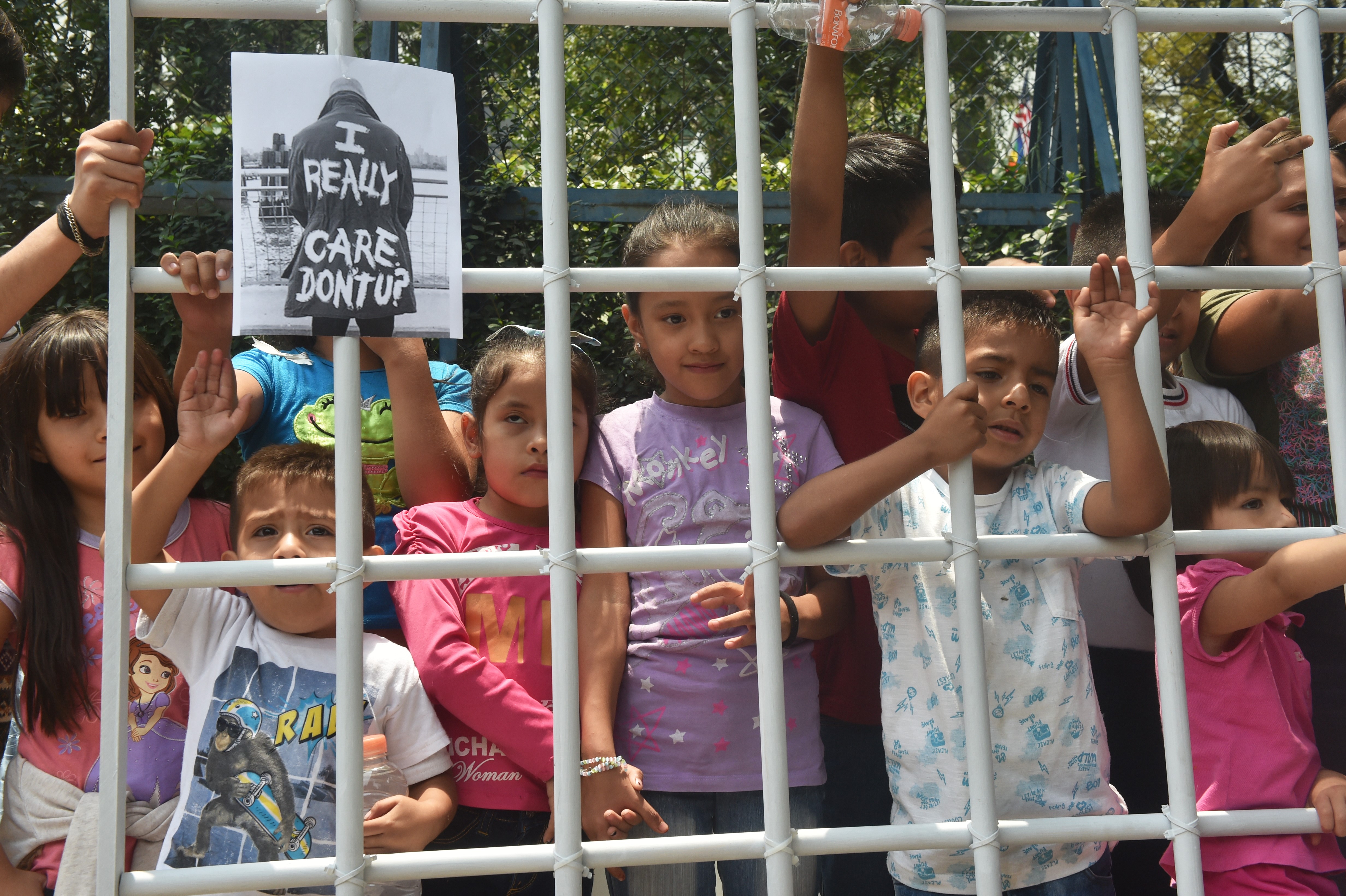
Children held at the US-Mexico border
On June 6, the Trump administration filed a motion asking the court to dismiss the ACLU’s suit against its separation of family policy. Judge Sabraw denied the administration’s request. He argued that the 5th amendment gives migrant families who are physically on US soil the right to “family integrity or to familial association.”
In a biting decision, wrote that “These allegations sufficiently describe government conduct that arbitrarily tears at the sacred bond between parent and child. The conduct, if true, “is brutal, offensive, and fails to comport with traditional notions of fair play and decency.”
Sabraw added that “The government actors responsible for the ‘care and custody’ of migrant children have, in fact, become their persecutors.”
2. The injunction requires the government to return children to their parents within 30 days
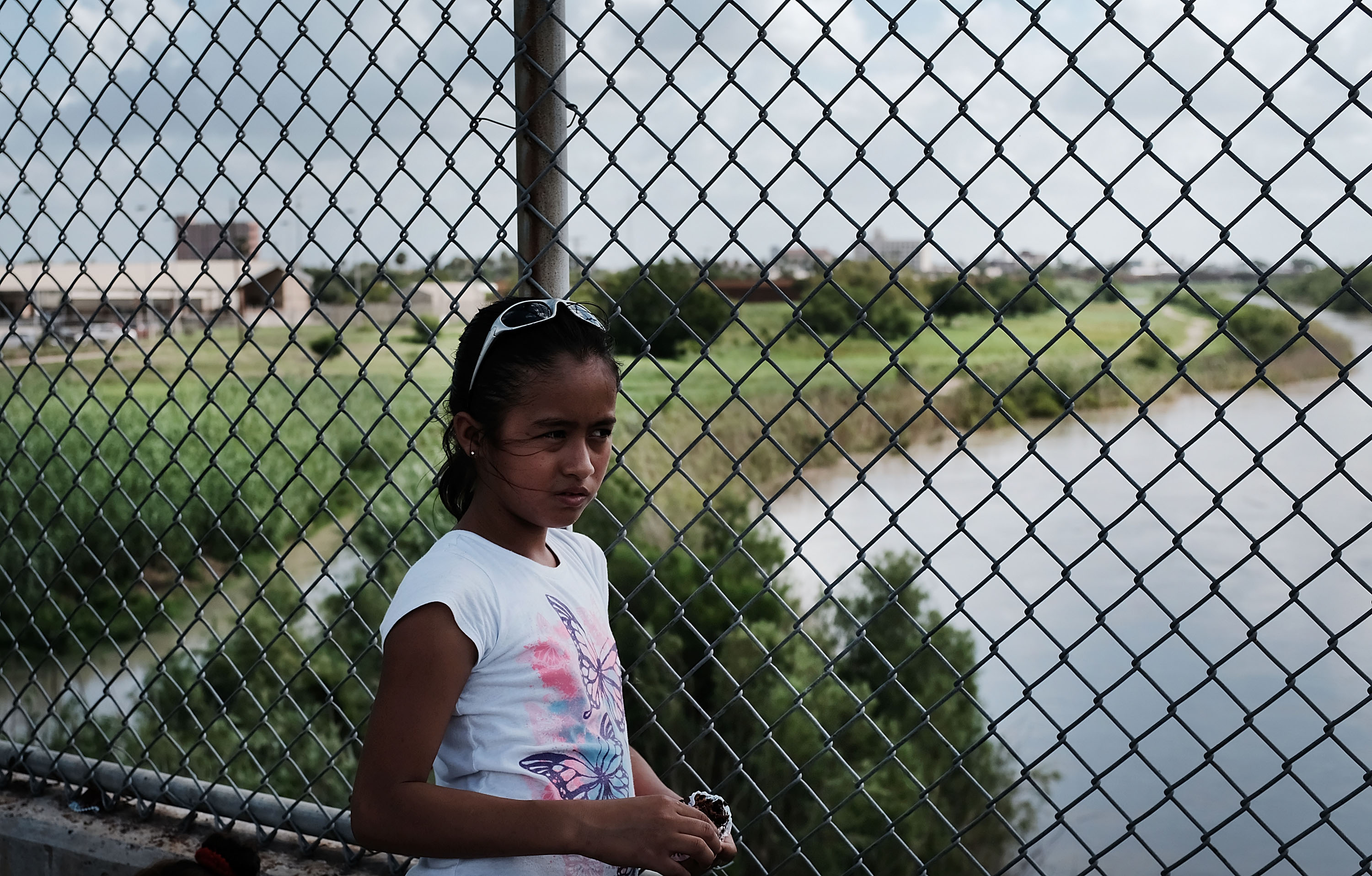
The government will have to return children under 5 years old to their parents within 14 days, and that older children be returned within 30 days. The injunction charges that under the present system, children detained at the border are being treated worse than property: “The unfortunate reality is that under the present system migrant children are not accounted for with the same efficiency and accuracy as property,” Sabraw wrote in his order.
Sabraw noted that the Trump administration had issued an executive order that addressed the promblem at the borer and required preservation of the “family unit.” But Sabraw said, in his injunction on Tuesday night, that the executive order did not provide any clear measures for dealing with the problem. He wrote, “There was no reunification plan in place, and families have
been separated for months.”
3. The Trump administration is likely to appeal the injunction

President Trump
The Trump administration may appeal the injunction as early as Wednesday. In the past, the administration has successfully appealed injunctions against its travel ban. A Supreme Court decision on Tuesday upheld the administration’s right to ban visitors from certain Muslim-majority countries from entering the United States. The Court, in a 5-4 decision, argued that the administration had the right to impose the so-called travel ban for the sake of national defense.
Lower courts had issued injunctions against the travel ban. But the administration successfully appealed the injunctions all the way to the Supreme Court.
President Trump reacted in all caps on Twitter, saying, “SUPREME COURT UPHOLDS TRUMP TRAVEL BAN! WOW!”
4. Sabraw was appointed by George W. Bush
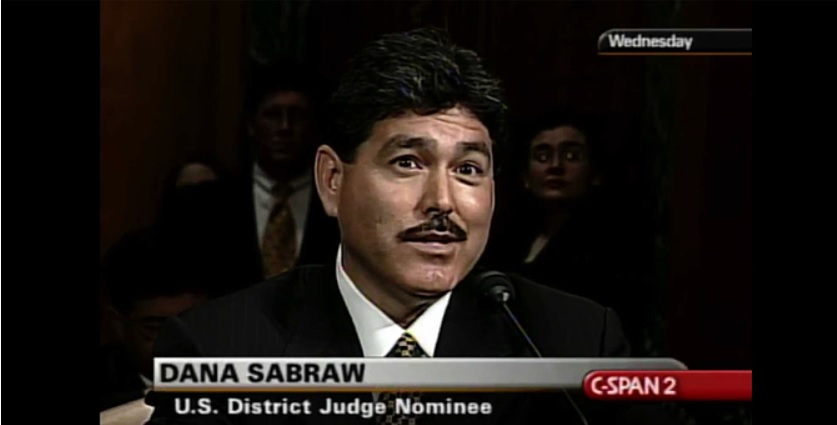
Judge Sabraw at his confirmation hearing
Sabraw was appointed to federal court in San Diego on September 29, 2003. He was appointed by President George W. Bush.
Before moving up to federal district court, Sabraw was a lawyer for 10 years and then a municipal and superior court judge in Vista for 8 years.
Sabraw’s colleagues — from court staff to prosecutors — have kind words for the judge. One prosecutor wrote that Sabraw is “Perhaps the smartest judge in the district. At motion hearings, he is as informed as the parties regarding the facts and applicable law. He is calm, evenhanded, prepared, and understanding.” Sabraw himself says that he aims to keep his courtroom as calm and peaceful as possible. He says his calm style was inspired by his parents’ calm relationship and the peaceful home he grew up in. “I think an effective courtroom is one where there’s a sense of serenity,” Sabraw has said.
5. Sabraw is the son of a Japanese immigrant. He says he faced prejudice while growing up.
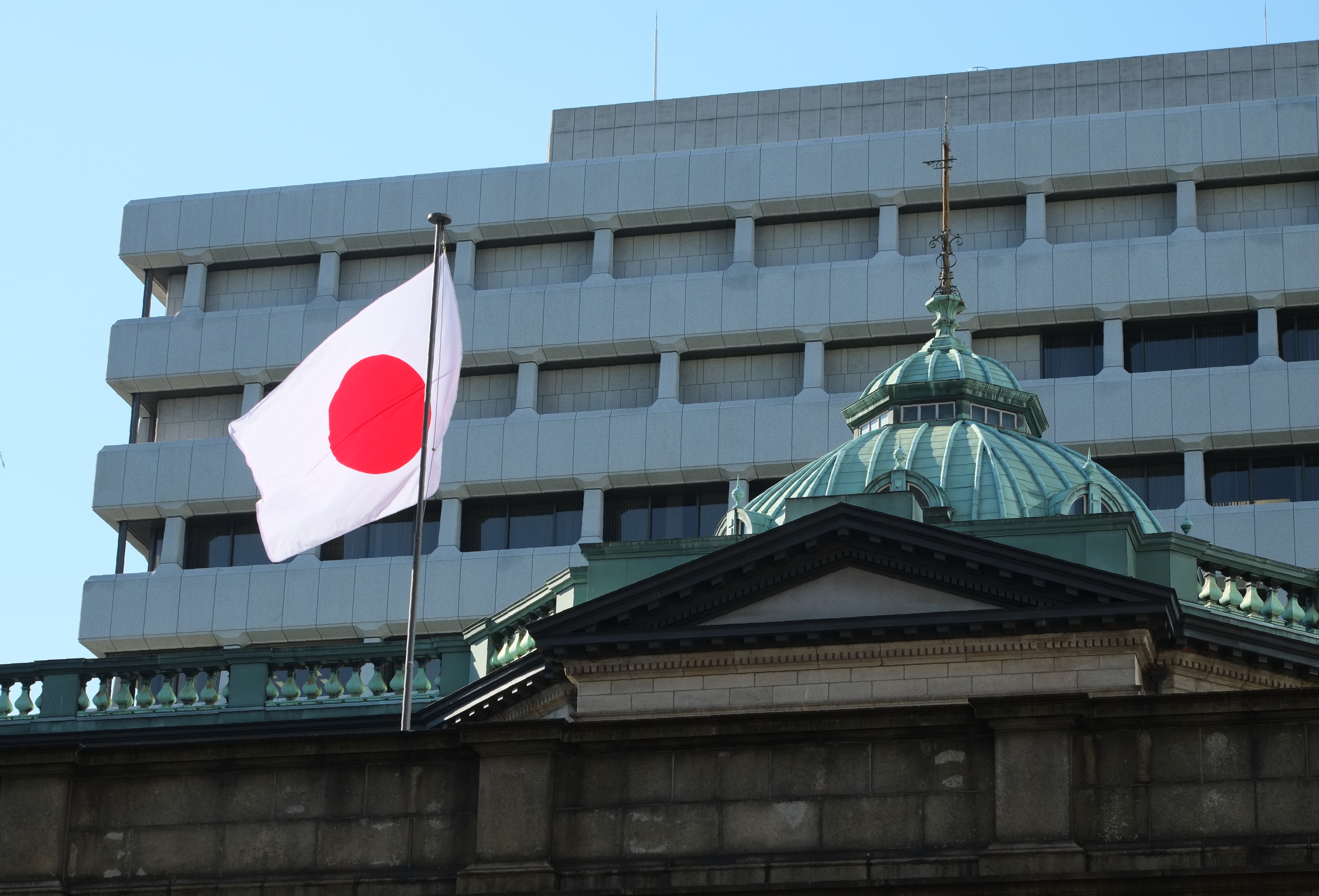
GettyJapanese flag
Sabraw’s mother was born in Japan. Sabraw’s middle name, Makoto, is Japanese, and means “truth”.
Sabraw told the San Diego Union-Tribune that his parents experienced bigotry when they moved to America together. As an inter-racial couple in 1950s California, they had a hard time finding housing. Sabraw said, “In light of that experience, I was raised with a great awareness of prejudice. No doubt, there were times when I was growing up that I felt different, and hurtful things occurred because of my race.”
Sabraw’s parents met in 1954, when Sabraw’s father was stationed in Japan during the Korean war. When Sabraw’s parents met, marriage between American and Japanese nationals was extremely unusual. However, Sabraw’s maternal grandfather was educated in America, at the University of Oregon. He introduced his daughter to Sabraw’s father and was pleased when the two decided to get married.
Sabraw himself was born in California. He says his parents taught him the importance of a strong work ethic; as a young man he bused tables, delivered furniture, and painted houses, among other jobs.
Sabraw is married to Summer Sabraw, who serves as San Diego County District Attorney. He has described their life together as a “great adventure.”
